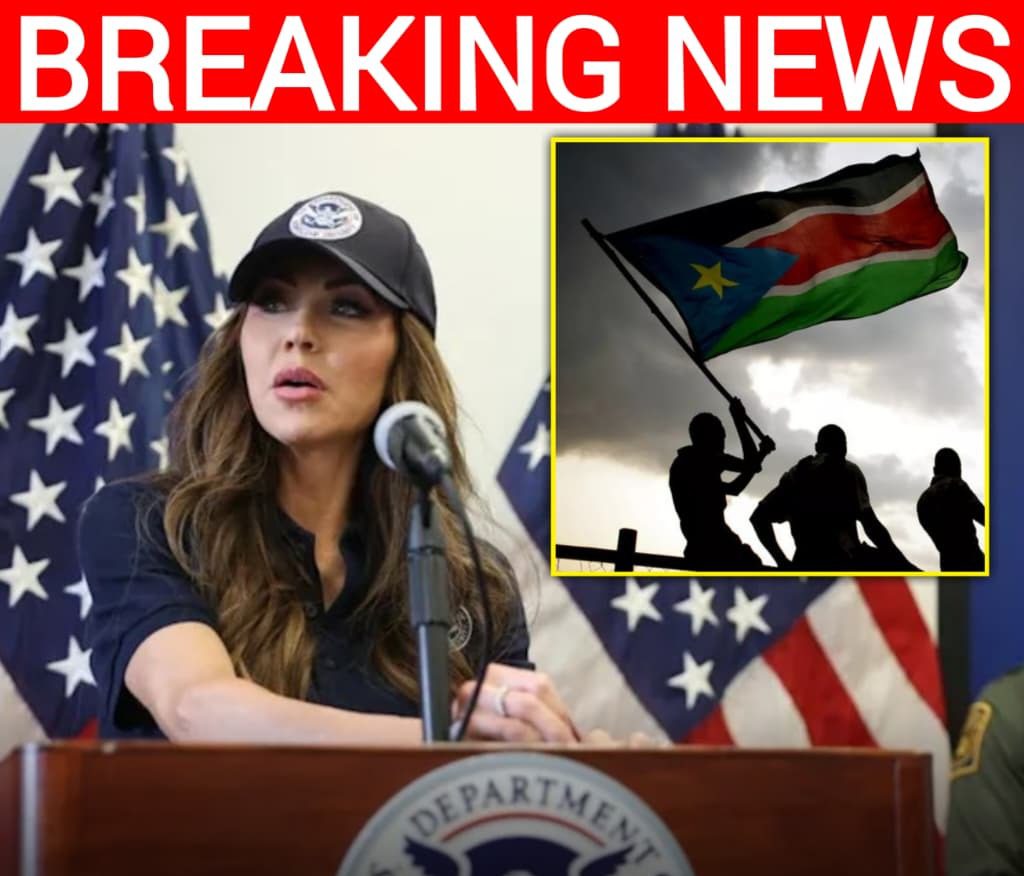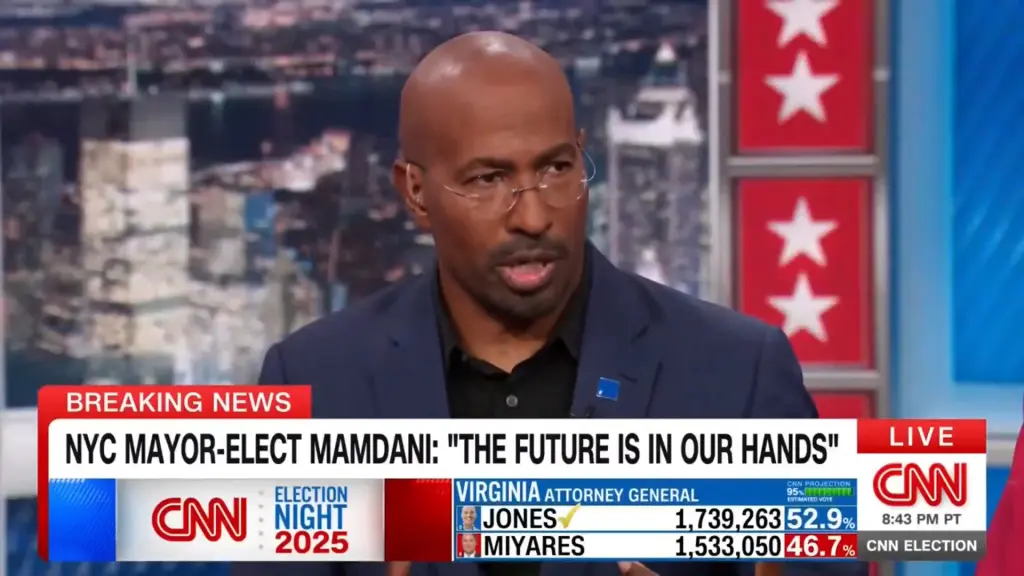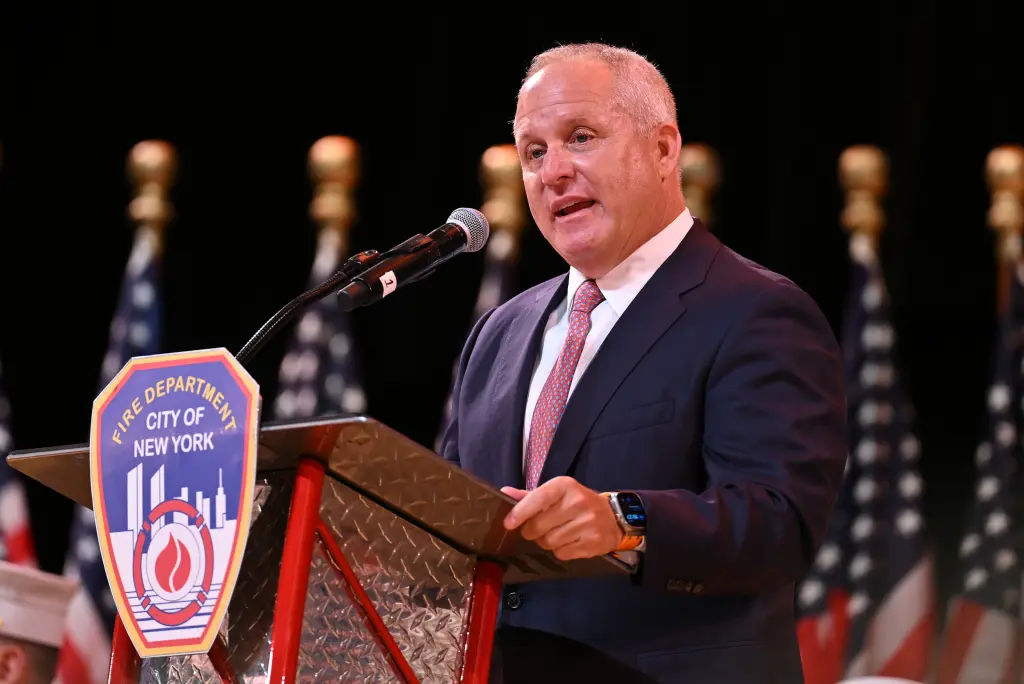Historic Shift: Trump Administration Cancels TPS for South Sudanese Nationals, Opening U.S. Deportation Path After Jan 2026
The announcement came with polite formality but heavy consequences. After years of protective status under U.S. immigration law, nationals from the world’s youngest country, South Sudan, will soon find themselves stripped of the right to remain safely in the United States. The U.S. Department of Homeland Security (DHS) has officially allowed the current designation of Temporary Protected Status (TPS) for South Sudan to expire on November 3, 2025, which means that hundreds, possibly thousands, of individuals protected by the program must face the prospect of removal beginning early in 2026. The policy shift aligns with the broader immigration stance of Donald Trump’s administration, and it instantly ignites questions about stability, fairness and national interest.

For more than a decade, TPS has shielded South Sudanese nationals living in the U.S. from deportation due to ongoing civil war, humanitarian crisis and security uncertainties at home. On May 6, 2025, DHS triggered an automatic six-month extension of the designation — valid through November 3, 2025 — because the department had not reached a formal decision on whether conditions in South Sudan still met the statutory criteria. That protection ends unless a new designation is approved — and DHS has indicated it sees no basis for renewal. According to Reuters, the termination will take effect in January 2026, after a 60-day grace period following the publication of the termination notice.
For South Sudanese TPS holders, the implications are significant. While most were granted legal permission to work and reside in the U.S., this looming change means they and their families could be barred from renewal of their work permits and face removal if they remain without another lawful basis to stay. Experts estimate that thousands of individuals are affected, though the exact number is unclear due to varied records and changing eligibility statuses.
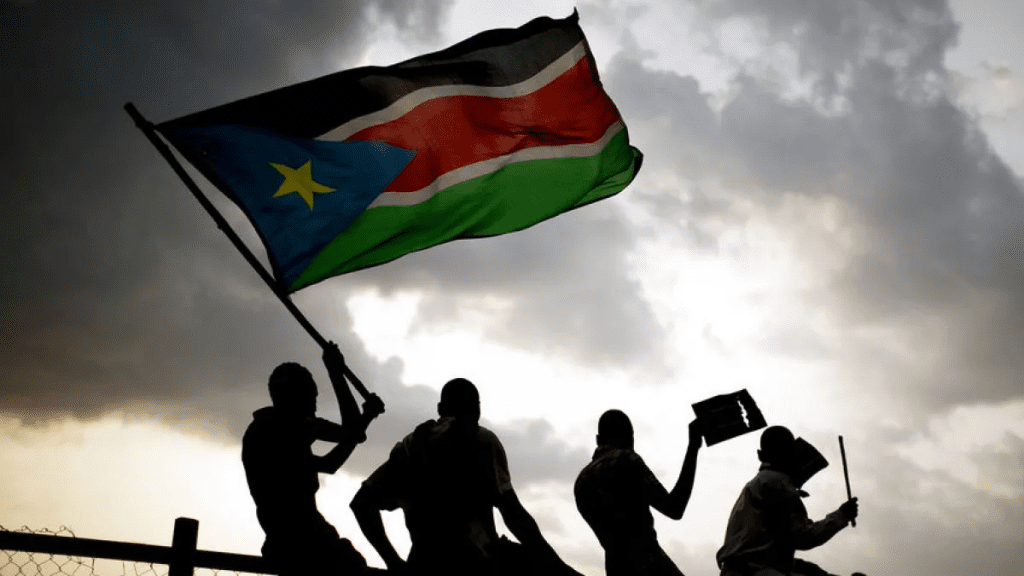
The reason behind DHS’s decision reflects the administration’s broader agenda of tightening immigration and reducing protected statuses deemed to have passed their threshold of “extraordinary and temporary conditions.” During the press briefing, DHS officials argued that South Sudan’s government had taken steps toward reintegration of rebel factions, and that the U.S. policy interest now justified ending the program. The narrative thus casts the move as an enforcement of national immigration rules rather than outright humanitarian rollback.
Yet human rights groups and international observers warn the timing and context raise ethical concerns. According to the United Nations monitoring body for food security, about 7.7 million South Sudanese face severe food insecurity and the travel advisories still classify the country as “Do Not Travel” due to violence. Critics argue returning individuals to such conditions is reckless. Despite those warnings, the administration is moving forward.
The policy shift also signals a clear message to those staying in the United States: protective status can be temporary not only in name, but in fact. For supporters of the Trump-era immigration strategy, this is a necessary and long overdue equalizing move. They argue that indefinite extensions risk undermining the rule of law by allowing large populations to persist outside the typical immigration pathways. For opponents, it is a harsh, abrupt reversal for a group that entered under humanitarian protection. The truth, as so often happens in immigration policy, lies somewhere between national sovereignty and human consequence.

On the ground, affected individuals are already speaking out. Some TPS recipients who arrived years ago as refugees now face anxiety, loss of status and uncertainty for their children. Community organizations in cities like Minneapolis and Dallas are mobilizing legal aid and outreach, but their resources are limited. Meanwhile, other TPS recipients from countries such as Haiti and Venezuela remain engaged in legal battles that could delay or overturn terminations. South Sudan’s case appears less litigated — increasing the likelihood of rapid effect.
The broader geopolitical backdrop here matters. South Sudan’s independence in 2011 followed decades of conflict with Sudan. A civil war from 2013 to 2018 killed hundreds of thousands and displaced millions. While peace accords exist, sporadic violence remains, and the country’s oil-dependent economy remains fragile. That fact made TPS designation in the first place. The U.S. government now asserts that conditions have improved enough to allow return — a determination highly contested by humanitarian actors.
For the Trump administration, the decision falls squarely within its values: prioritized enforcement, fewer exceptions, greater pressure on other nations to accept their citizens and fewer open-ended humanitarian protections. It reinforces a campaign mantra of “law and order,” border control and immigrant accountability. That message resonates with many voters who believe the immigration system has been too lenient. In itself, the termination of TPS for South Sudan could serve as a model for future reviews of similar designations.
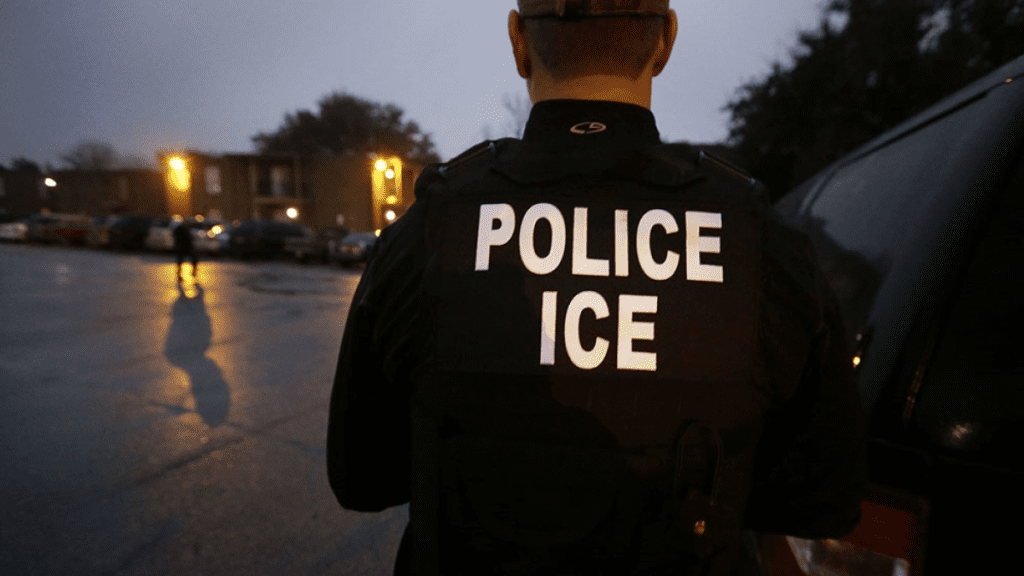
Still, the timing invites sharp scrutiny. The termination comes at a moment when migration from Africa and other global regions is increasingly part of the national dialogue. Critics say this may signal the next wave of protection roll-backs, potentially affecting thousands more who entered under humanitarian programs. Those outcomes carry political risk, just as the Trump administration prepares for national campaigns and future elections. The policy may win applause from one constituency while inviting backlash from others.
Yet the human dimension remains most compelling. For a man who fled war-torn Juba, found work in the Midwest, paid taxes, raised children and built community ties — the end of TPS means he may soon face a decision no immigrant wants: leave the only home his family has known, or remain without legal permission. And for U.S. authorities, the challenge becomes balancing compassion with legal boundaries, advocacy with enforcement.
As November 2025 progresses and January 2026 looms, all eyes will be on how the dismantling of TPS for South Sudan plays out: Will many choose voluntary departure? Will court challenges emerge? Will new pathways be created? Will returning to a country still prone to crisis prove safe? The U.S electorate, meanwhile, watches not just immigration numbers but the stories of lives being reshaped.
Then there is the lasting question: what happens to America’s reputation as a humane nation when protections instituted for those fleeing violence are quietly pulled away? For the Trump administration, the answer may lie in narrative — that legality matters, exceptions must end and sovereignty is restored. For the migrants, the answer is personal — will they be sent back to danger, or will reform prevail?
